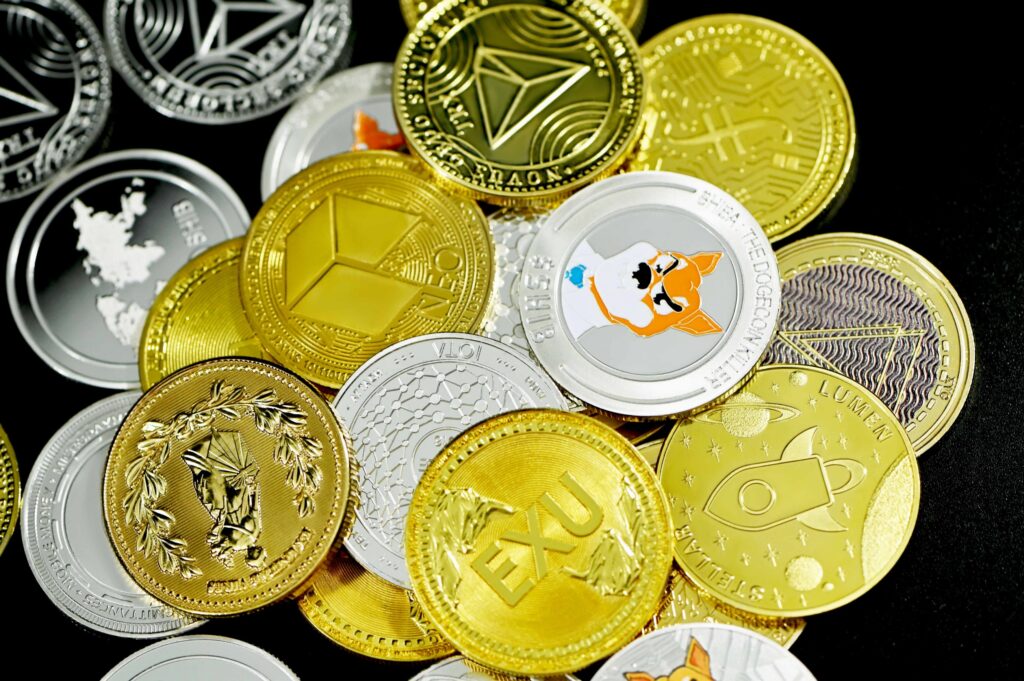The crypto space is definitely something that can make your head spin, even when you aren’t a complete noob.
DeFi (decentralised finance) is another part of that space and something that has been growing, at what seems to be an unbelievable rate.
DeFi really makes you feel like Alice tumbling through the rabbit hole. I have been researching this for weeks and I can tell you that it feels like I am only scratching the surface!
Jesus, this stuff is complicated!
But this is all part of the journey. These posts are to track my journey through this space. Actually… my writing is a way to order my thoughts for anything that I am taking on. This is my own university you could say, and these articles are my assignments.
So, I have put together an overview of what I have found relating to DeFi, this is going to be a layman views of the space, because let’s face it, that is exactly what I am!
The source of my research below mainly comes from two websites. There are Coinbase and Finder.
Let’s get into it!
What is DeFi?
DeFi is short for “Decentralised Finance”. This is a term used for financial services on public blockchains. You can do most things that banks would allow. This would be to earn interest through saving, borrowing, lending, buy insurances, trade derivatives, trade assets, etc.
Essentially this is an entire financial system for cryptocurrencies.
How it works?
DeFi is typically accessed through software called DApps, which, mainly run on the Ethereum network. There is no application to fill out of account to open
Engagement with DeFi happens in the following way today:
- Lending
- Getting a Loan
- Trading
- Saving for the Future
- Buying Derivatives
Why it matters?
DeFi offers a digital alternative to Wall Street but without all the middlemen (and women) and the associated costs with having them. The promise (in theory) is to create open, free, fair financial markets. All of which are accessible to anyone with an internet connection.
Also, from a logical standpoint (and what I read from the “interwebs”), currencies are generally used as a part of a healthy economy as a means of trade and investment this is no different for cryptocurrencies.
What are the benefits?
DeFi seems to be opening a whole new world of possibilities in the world of finance.
I’ll go through what I have found below:
- Open – no applications, just need a wallet.
- Pseudonymous – no need to provide any personal information
- Flexible – assets can be moved any fees, long transfer rates or permission.
- Fast – interest rates and rewards often update rapidly (as quick as 15 seconds) and can be significantly higher than traditional banks.
- Transparency – everyone can see everything as there is a full set of transactions.
- Competitiveness –
What are the Downsides?
- Potentially eye watering transaction fees on the Ethereum Blockchain. I have seen fees as high has $130!
- Investments can experience high volatility. Price fluctuation of the underlying token or coin can be mind boggling. For smaller coins and tokens a 50% drop or 1000% increase over a few days is not uncommon.
- You must maintain your own records for tax. With new laws (especially in the USA), detailed records need to be kept in order to prove profit that you have made.
My Thoughts
I am still trying to get my head around this space as there is so much happening and it is constantly changing.
From my research it seems like the possibilities are endless in the DeFi space. I am determined to make sense of it… and it may take many articles to get there… but I will get there.
There are some crazy figures floating around, I have seen rewards rates for something called “staking” your crypto at 90,000% APY… that is freaking crazy!!! I have also seen crypto values increase 1000s% in a few days!
There seems to be so much out there that it is hard to keep up with. But I am genuinely starting to believe that we could all get left behind if we don’t try and keep up with this space…
The journey continues…




